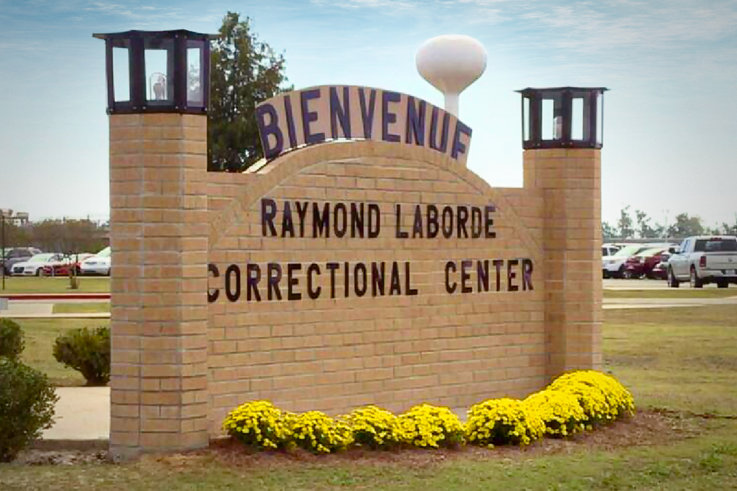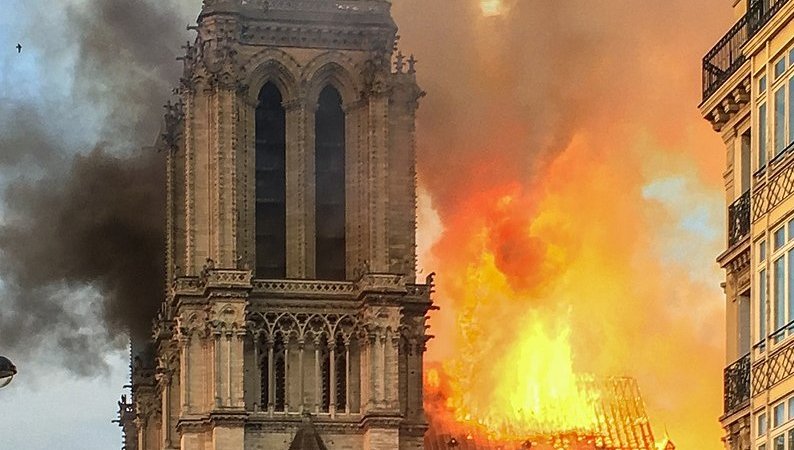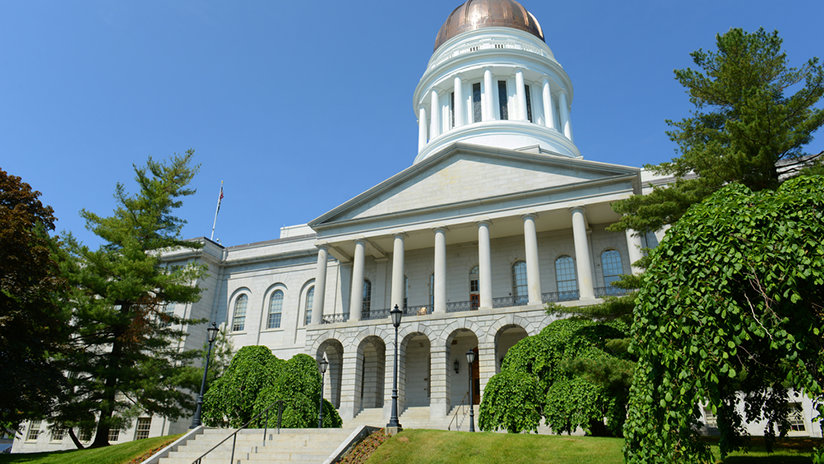
-
HOME
-
WHAT IS STANDOur Mission Our Values Our Help Contact
-
WHAT WE FIGHT FORReligious Freedom Religious Literacy Equality & Human Rights Inclusion & Respect Free Speech Responsible Journalism Corporate Accountability
-
RESOURCESExpert Studies Landmark Decisions White Papers FAQs David Miscavige Religious Freedom Resource Center Freedom of Religion & Human Rights Topic Index Priest-Penitent Privilege Islamophobia
-
HATE MONITORBiased Media Propagandists Hatemongers False Experts Hate Monitor Blog
-
NEWSROOMNews Media Watch Videos Blog
-
TAKE ACTIONCombat Hate & Discrimination Champion Freedom of Religion Demand Accountability
Rastafarian’s Legal Fight Aims to Secure Religious Rights for State Prisoners
A prison inmate who was shackled to a table as guards cut his hair is appealing his case to the U.S. Supreme Court and is seeking damages on religious grounds.

Damon Landor, a Rastafarian who does not cut his hair as a central tenet of his faith, was arrested for drug possession in 2020 and was admitted to Louisiana’s Raymond Laborde Correctional Center. There, over his protest, his locks were shorn following the state’s Department of Corrections grooming policy.
“We are trying to ensure that people held in state prisons can get the same protection for their religious exercise.”
Though Landor did not, at the time, have documentation issued by a judge attesting that he wore dreadlocks for religious reasons, he did show correctional officials a copy of the 2017 decision banning the cutting of Rastafarian prisoners’ hair.
But Landor’s 2021 lawsuit seeking damages from the state was dismissed in September 2022, and an appeal was rejected the following year. In rejecting the appeal, the Fifth Circuit panel wrote, “We emphatically condemn the treatment that Landor endured,” but asserted that there was no law empowering Landor to seek damages from a state prison on the basis of its violating his religious rights.
The Fifth Circuit’s decision highlighted a significant gap in the Religious Land Use and Institutionalized Persons Act (RLUIPA), a law enacted in 2000 that makes it illegal to violate the religious rights of prisoners but offers no specific penalty for a prison that violates the law. In stark contrast, the 1993 Religious Freedom Restoration Act, which applies to federal prisons only, uses the same language as RLUIPA but does lay out damages for federal prison violations.
“If Damon had been held in a federal prison, he would have been able to sue the officer for damages. We are trying to ensure that people held in state prisons can get the same protection for their religious exercise,” Zack Tripp, Lander’s attorney, said.
Landor and his legal team aim to persuade the Supreme Court to broaden the interpretation of the vague phrasing in RLUIPA to allow for damages. If done, RLUIPA would have the “teeth” it needs to protect the religious rights of inmates in state prisons.
The high court will decide whether to hear the case this fall.
Thirty-five religious organizations have filed amicus briefs supporting Landor, including the Interfaith Center of New York, the Muslim Public Affairs Council, Women of Reform Judaism and the Quaker group Santa Fe Monthly Meeting of Friends. Additionally, the Notre Dame University Law School Religious Initiative filed an amicus brief on behalf of the Jewish Coalition for Religious Liberty, the Sikh Coalition and the Anabaptist Christian Bruderhof community.
Stephanie H. Barclay, Notre Dame’s Director of the Law School Religious Liberty Initiative, explained that this is what interfaith cooperation looks like—having “Sikh and Muslim and Jewish and Bruderhof voices adding up and saying, ‘We don’t have the same religious requirements as Rastafarian individuals, but we still defend them, because we know that if you, prison officials, can violate their rights, then you can violate our rights too.’”






